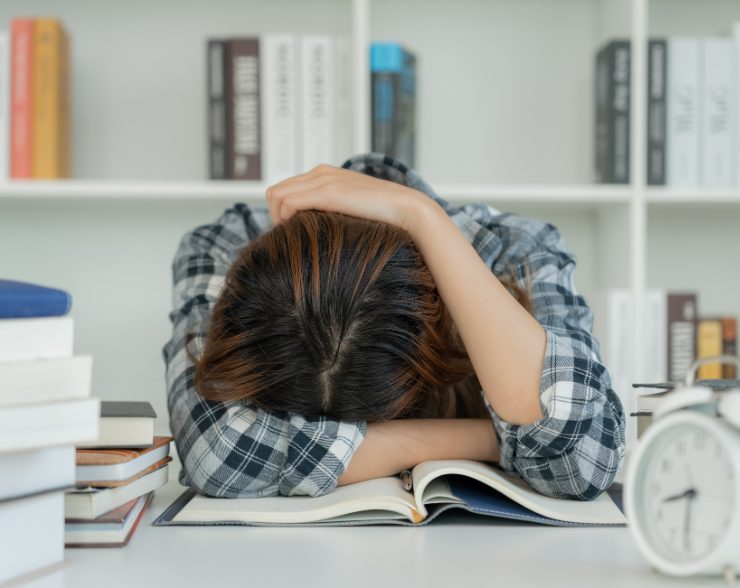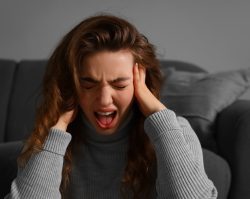The Link Between Anxiety and Physical Health: How Stress Affects Your Body

Many people think of anxiety as just a mental health issue, but it can also have a profound impact on the body. Persistent stress and anxiety can trigger a range of physical symptoms, from headaches to digestive issues, affecting overall well-being. Understanding how anxiety influences physical health is essential to finding effective treatment options.
How Anxiety Impacts the Body
When a person experiences anxiety, their body responds by activating the fight-or-flight system. While this response is natural in short-term situations, chronic anxiety can cause prolonged activation of this system, leading to physical distress. Common physical symptoms of anxiety include:
- Increased heart rate and high blood pressure: Chronic stress can put excessive strain on the cardiovascular system.
- Muscle tension: Anxiety often causes tightness and pain in the neck, shoulders, and back.
- Digestive issues: Stress can lead to nausea, stomach pain, and irritable bowel syndrome (IBS).
- Headaches and migraines: Increased tension and worry can lead to frequent headaches.
- Weakened immune system: Chronic stress reduces the body’s ability to fight infections and illnesses.
These symptoms can make daily life more difficult, affecting work, relationships, and overall happiness.
The Connection Between Anxiety and Sleep Disorders
Anxiety can severely disrupt sleep patterns. Many people with chronic stress struggle with insomnia, difficulty staying asleep, or waking up feeling exhausted. Poor sleep further exacerbates anxiety, creating a cycle that is difficult to break.
How Professional Therapy Can Help
Managing anxiety effectively requires a combination of therapy, lifestyle changes, and sometimes medication. Professional anxiety therapy can help individuals develop coping strategies to manage stress and improve physical health. Common treatment options include:
- Cognitive-Behavioral Therapy (CBT): Helps change negative thought patterns contributing to anxiety.
- Relaxation techniques: Guided breathing exercises and mindfulness can calm the nervous system.
- Medication management: In some cases, medication may be necessary to regulate anxiety symptoms.
Take the First Step Toward Better Health
If you are experiencing the physical effects of anxiety, seeking professional anxiety therapy can make a significant difference. A licensed therapist can help you manage anxiety symptoms, reduce stress, and improve your overall health. Therapy offers a safe space to address anxiety and develop effective coping strategies for a healthier, more balanced life.





